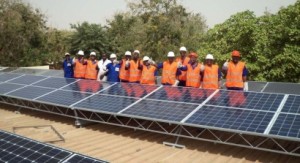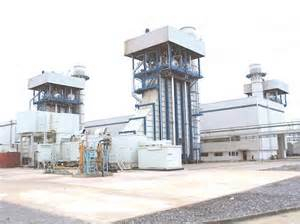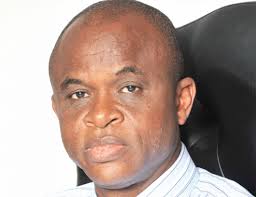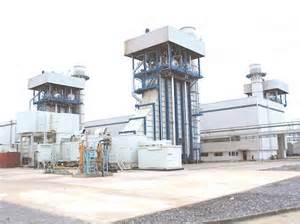 A World Bank and European Union (EU)-certified trainer in renewable energy, Mr Peter Konings, has extolled the quality of manpower in the energy sector in Ghana and noted that training them further could contribute to the country’s energy security.
A World Bank and European Union (EU)-certified trainer in renewable energy, Mr Peter Konings, has extolled the quality of manpower in the energy sector in Ghana and noted that training them further could contribute to the country’s energy security.
Mr Konings, who is with the Asia-Pacific Group, called on authorities to “give a little budgetary support for the maintenance of photovoltaic (PV) systems in the country to prevent them from becoming white elephants.”
He made the call at Sogakope recently during a training of trainers course organised by Johs. Gram-Hanssen A/S, a Danish company, for personnel of its local partners, Best Solar, and their technicians.
The company is implementing a World Bank-funded government project to procure, supply and install Solar Stand Alone Power Systems and Rechargeable Lanterns for some 150 Off-Grid Basic Schools in 98 districts across Ghana.
Although the country has only one major solar power system of two megawatts in the Northern Region, there are several stand-alone off-grid solar systems dotted across the country.
The intensive course, which was facilitated by two World Bank and EU Certified Trainers, Dr Mohammad Hafidz Machfudz of the University of Indonesia and Mr Konings, was a vital component for the transfer of knowledge and creating awareness and maintenance culture in renewable energy in general.
He cited the example of some African countries where solar street lights were provided free of charge by some NGOs to various communities, but due to lack of maintenance or budgetary support for maintaining the systems, they only lasted for a year instead of eight to 25 years in some cases before they could be replaced.
The expert also advised the participants to form what he termed “Maintenance Gangs” and approach authorities to secure such maintenance contracts to improve maintenance culture.
The Country Managing Director of Johs. Gram-Hanssen A/S, Mr Prosper Governor, disclosed that the implementation of the PV systems had started in earnest and was expected to be completed by March 2015.





